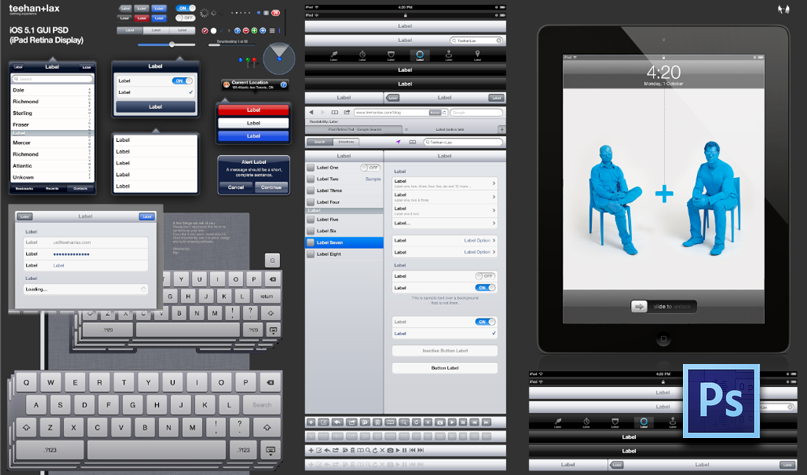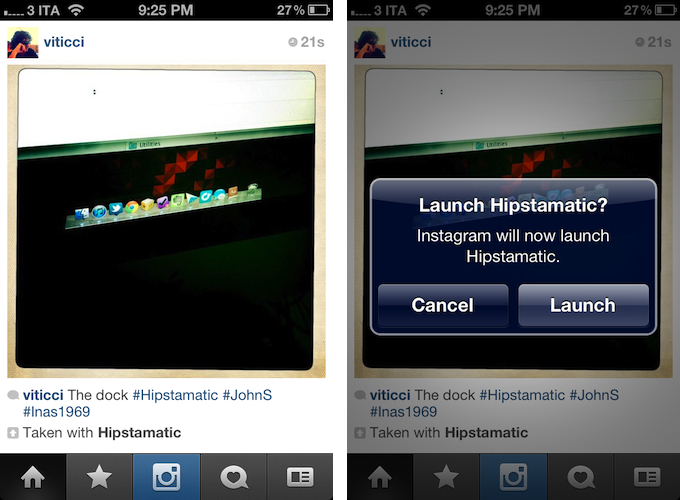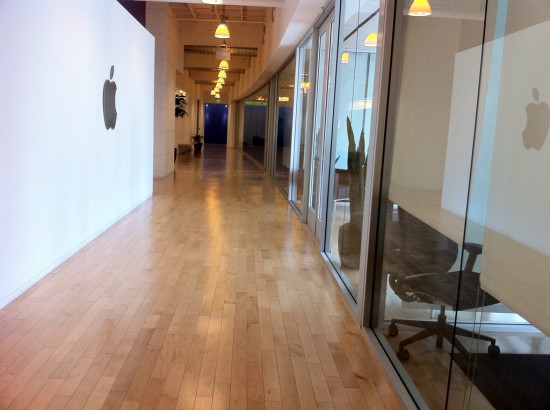iPad GUI PSD for Retina Display Now Available
It has become a tradition for design studio Teehan+Lax – the minds behind beautifully designed software like Readability for iOS – to release a free iOS GUI PSD on every major iOS or device release from Apple. The PSDs, downloaded millions of times in the past few years, have helped designers and developers mock up their apps and iOS designs using Photoshop, while relying on graphic assets that look just like interface elements and controls of iPhones and iPads.
Today, Teehan+Lax released its updated iPad GUI PSD, updated for the Retina display:
We’re really proud to be releasing our latest version today. It’s based on iOS 5.1 and includes hundreds of retina assets available natively on the platform. In addition to the GUI assets, you’ll find perfectly scaled ‘New’ iPads to help you create the apps we’ll come to love in the future.
This time, the file has been made for Adobe Photoshop CS6, which is available for free while in beta. Weighing at 35MB, you can download the iPad GUI PSD here.






